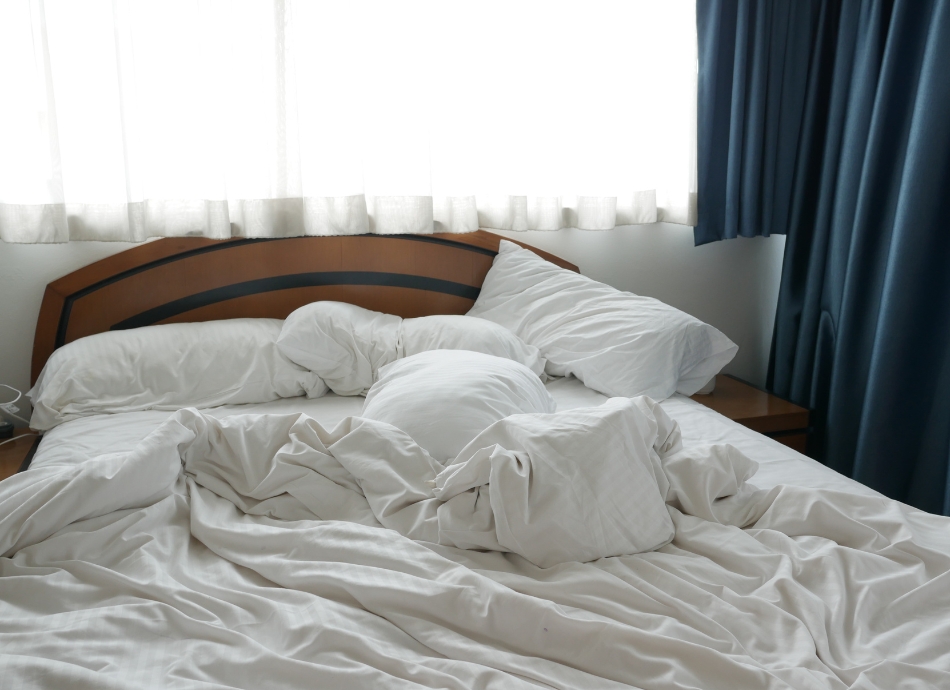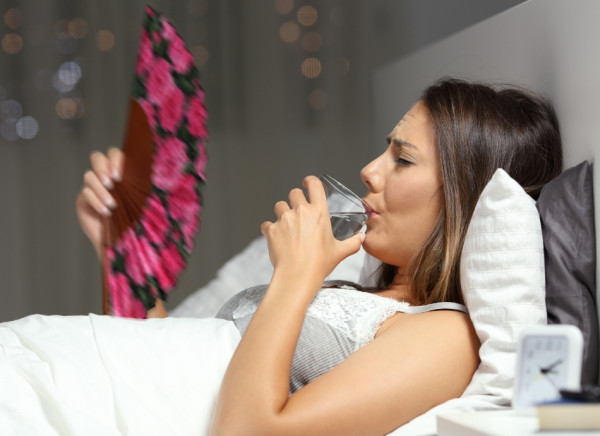Sweating is a normal response of your body to heat when your core body temperature rises. Evaporation of water from your skin during sweating cools the body and regulates your body temperature.
Anyone can get hot and sweaty at night if your room is too warm or there are too many blankets on. While this is uncomfortable, it’s not thought of as night sweats. Night sweats are when you sweat so much at night that your clothes or bed sheets are soaking wet – even in a cool room.







